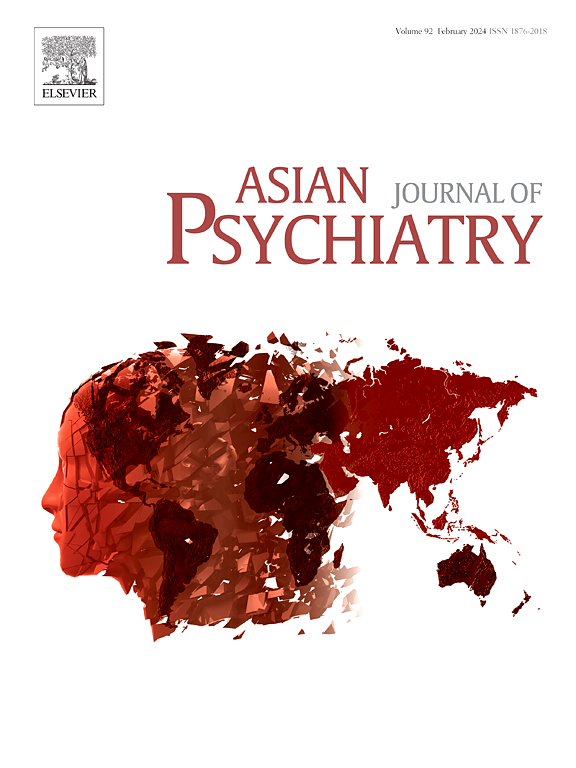Phantom fetal movement after termination of pregnancy: risk factor for pathological grief?
IF 3.8
4区 医学
Q1 PSYCHIATRY
引用次数: 0
Abstract
Background
Phantom fetal movements (PFM) are sensations resembling fetal kicks or shifts that persist after pregnancy, including following miscarriage or termination. While PFM are commonly reported, their underlying mechanisms and psychological impact remain poorly understood. Emerging evidence suggests they may contribute to emotional distress, particularly in cases of perinatal loss.
Results
We report the case of a 37-year-old woman who developed PFM following a pregnancy termination at 29 weeks of gestation. She subsequently experienced major depression with pathological grief. The PFM were described as kicks and pressure sensations in the abdomen and ribs, which triggered anxiety and complicated the grieving process. Following the initiation of antidepressant treatment, both the intensity and frequency of the PFM progressively diminished over the course of follow-up, ultimately resolving completely.
Conclusion
This report underscores the importance of recognizing PFM as a potential contributor to post-loss distress. Further research is needed to elucidate the mechanisms underlying PFM and to develop targeted interventions for affected individuals.
求助全文
约1分钟内获得全文
求助全文
来源期刊

Asian journal of psychiatry
Medicine-Psychiatry and Mental Health
CiteScore
12.70
自引率
5.30%
发文量
297
审稿时长
35 days
期刊介绍:
The Asian Journal of Psychiatry serves as a comprehensive resource for psychiatrists, mental health clinicians, neurologists, physicians, mental health students, and policymakers. Its goal is to facilitate the exchange of research findings and clinical practices between Asia and the global community. The journal focuses on psychiatric research relevant to Asia, covering preclinical, clinical, service system, and policy development topics. It also highlights the socio-cultural diversity of the region in relation to mental health.
 求助内容:
求助内容: 应助结果提醒方式:
应助结果提醒方式:


